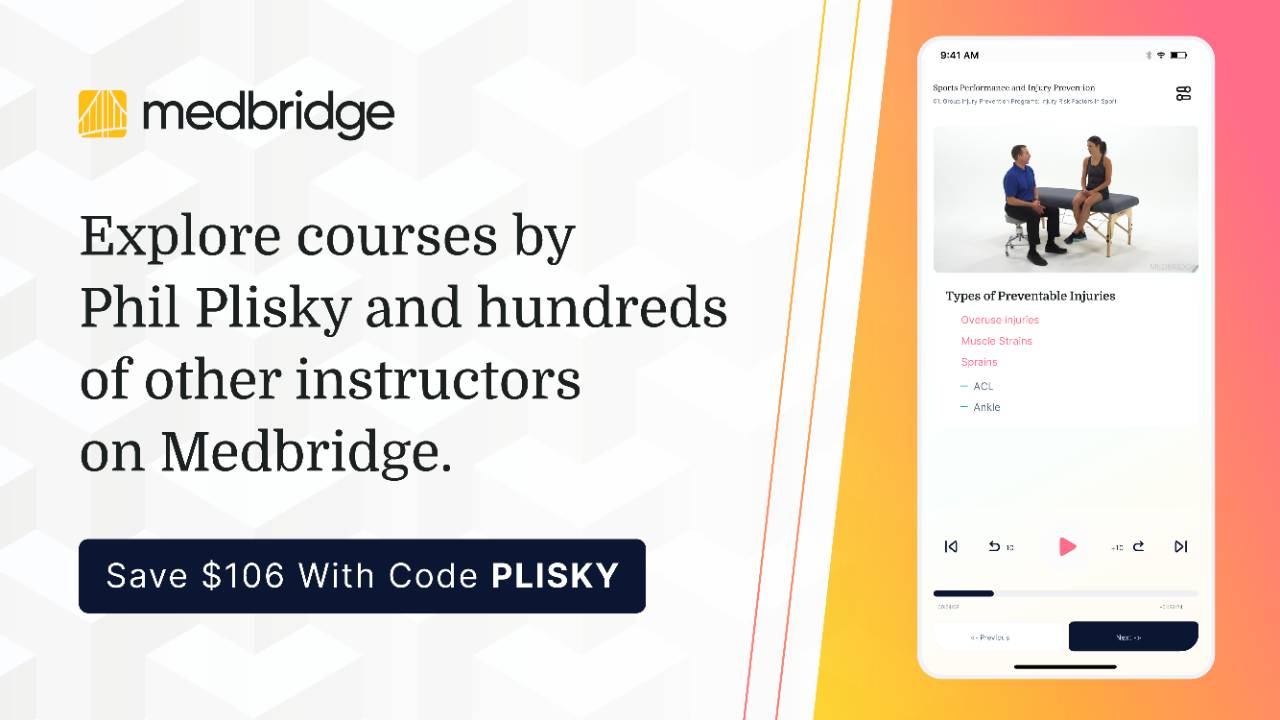
Does everyone need pain neuroscience education?
In Episode 7 of the Rehab & Performance Lab Podcast, I am joined by Adriaan Louw PT, PhD, a renowned expert in pain neuroscience education, to reveal which types of patients really benefit from this type of education. We discuss the latest research, highlight evidence-based treatment strategies that can create independence and foster hope in your patients, and champion a caring approach to patient care. Tune in to learn how addressing patients' fears and helping them to understand why they hurt can improve outcomes, especially when combined with movement-based therapies.
Listen for free on YouTube, Spotify or Apple podcasts. For CEUs and bonus takeaway handouts, log in to MedBridge to complete the post-course quiz and survey.
Insights from Adriaan Louw
1) Patients in pain want to know more about their pain (“why do I hurt?”).
Numerous studies have shown that patients want to know:
− What is wrong with me?
− How long will it take to resolve?
− What can I (the patient) do for it?
− What can you (the clinician) do for it?
By addressing these questions and making the unknowns known, we ease fear, which eases pain and allows people to move more, which is key to recovery.
2) We can identify which patients do well with pain neuroscience education.
• Patients presenting with central sensitization (widespread pain)
• Patients with high levels of fear, making them avoid activity and movement
• Patients with catastrophizing thoughts, who only see the bad
• Patients with chronic pain (more than six months)
3) Teach people more about their pain, and then blend it with movement-based treatments (i.e., exercise).
• Use metaphors, examples, and images to teach people more about their pain.
• This eases fear, allowing them to move more (exercise) and increasing their willingness to be touched (manual therapy).
• The combination of pain neuroscience education (easing fear) and movement (regular therapy) calms down the nervous system, which eases pain and disability nonpharmacologically.













